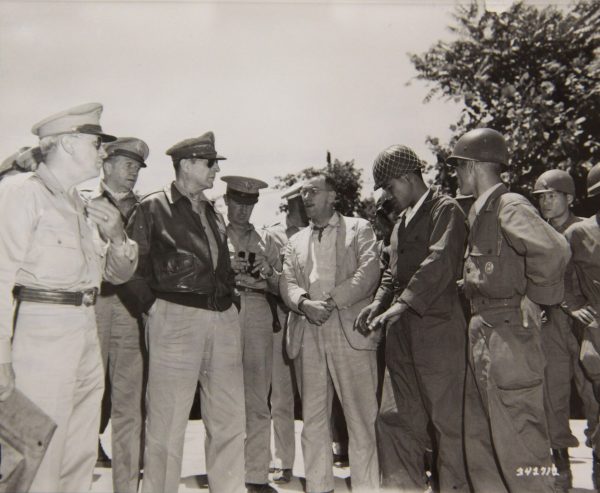
In a significant development regarding U.S. foreign policy, experts Martijn van Ette and Andrew Gawthorpe argue that the United States must negotiate peace in Ukraine to effectively pivot its focus back to Asia. This perspective emerges as President-elect Donald Trump aims to end the ongoing conflict in Ukraine, which has been straining military resources and diverting attention from the rising challenges posed by China [caeff59d].
The historical context of U.S. foreign policy reveals a pattern of shifting focus, notably seen during the 1950s when the U.S. pivoted from Asia to Europe amid the Korean War. General Douglas MacArthur was notably involved in discussions regarding the North Korean invasion on June 29, 1950, highlighting the complexities of military engagement in Asia [caeff59d].
As the U.S. grapples with the implications of its military commitments in Ukraine, the authors emphasize that a resolution to the conflict is crucial for reallocating resources and attention towards the Asia-Pacific region. The rise of China presents a strategic challenge that requires a robust U.S. response, which could be hindered by ongoing conflicts in Europe [caeff59d].
The interplay between U.S. foreign policy in Ukraine and Asia is becoming increasingly evident, particularly as the Biden administration and potential Trump administration navigate these complex geopolitical landscapes. The outcome of peace negotiations in Ukraine could significantly influence the U.S.'s ability to address the challenges posed by China and maintain its strategic interests in the Asia-Pacific [caeff59d].